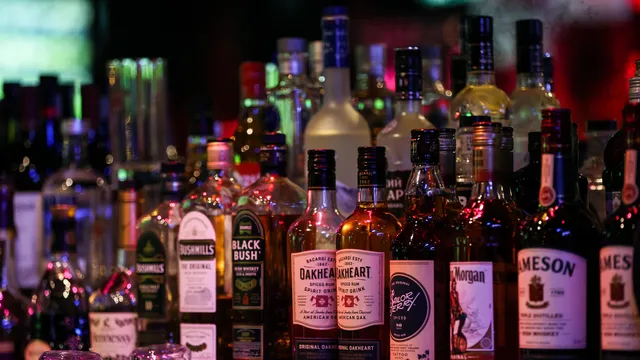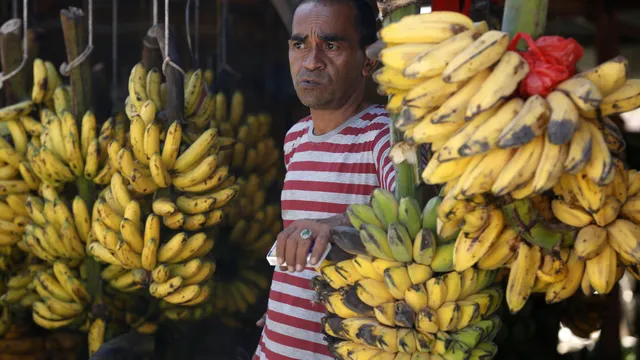Drunkorexia - refusing to eat in order to consume more alcohol without fear of increasing calorie intake. This very bad idea is gaining popularity and worrying doctors.
" Drunkorexia" is a neologism created from the words drunk and anorexia. It first appeared 15 years ago in The New York Times in the article "Fasting with a cocktail."
Emphasizing that the term has nothing to do with medicine, journalist Sarah Kershaw used it to describe how some people have voluntarily adopted fasting behavior to limit weight gain associated with alcohol consumption.
Since then, the phenomenon has been the subject of more in-depth research. It raises serious mental health issues and questions the role of aesthetic norms and social pressure.Drunkorexia is defined as a set of risky eating behaviors, including forms of restriction (fasting, skipping meals), purging behaviors (such as self-induced vomiting), and excessive physical activity.
These behaviors have two main goals: to avoid weight gain associated with alcohol consumption or to achieve intoxication more quickly. They can be adopted at different times, whether before drinking (in anticipation), during drinking (especially during festive evenings), or afterwards, as a means of compensation.
Although binge drinking may be perceived as a one-off or strategic behavior, its consequences are far from trivial. It is primarily associated with more frequent and intense alcohol consumption, as well as more severe episodes of intoxication, exposing young people to increased risk-taking, both physically and socially.
Furthermore, the effects of binge drinking are not limited to alcohol alone. Several studies show that it is often part of a broader spectrum of eating disorders that are present even outside the party environment. Ultimately, these behaviors could contribute to the long-term development of eating disorders in some young people.
Psychologically, this type of behavior also seems to reflect deeper emotional vulnerability. Depression, anxiety, psychological distress, difficulties regulating emotions, a history of abuse, or insecurity in close relationships are often reported among affected young people.
Finally, the cognitive consequences of binge drinking remain poorly documented, but some hypotheses warrant investigation: what impact might this behavior have on memory, reasoning skills, or academic achievement when alcohol is consumed repeatedly in the context of dietary restrictions?
Social media plays a key role in the spread of binge drinking. Platforms such as Instagram, TikTok, and Snapchat expose young people to a constant stream of images promoting thinness, bodybuilding, or certain party practices, thereby creating a double imperative: to display a body that conforms to aesthetic norms while participating in the social codes of partying and drinking. I BGNES

 Breaking news
Breaking news
 Europe
Europe
 Bulgaria
Bulgaria







